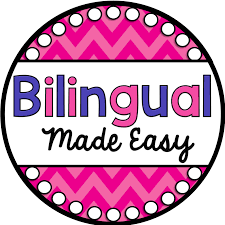Teachers of English language learners (ELL) enjoy a crucial role in facilitating the language order method for students that are non-native English speakers. These teachers possess the abilities, understanding, and concern required to successfully support ELL students while they understand the difficulties of understanding a brand new language kindergarten resources.
Understanding the Unique Needs of English Language Learners
Teachers of ELL are proficient at knowing the varied needs of their students. They understand that language order is a multifaceted trip that encompasses linguistic, cognitive, and socio-emotional components. By acknowledging and approaching these special needs, educators can create an inclusive and helpful understanding environment for ELL students.
Fostering Language Development Through Immersion
One of many primary responsibilities of educators of ELL would be to foster language development through immersive understanding experiences. By developing English language instruction into various matter places, these teachers give ELL students with options to rehearse and enhance their language abilities within real contexts.
Cultivating Cultural Competence and Empathy
Teachers of ELL are focused on cultivating ethnic competence and concern within their classrooms. They realize the significance of adopting diversity and making an inclusive understanding environment where ELL students experience valued and respected. This process not just supports language order but additionally plays a part in the overall well-being of ELL students.
Collaborating with Stakeholders for Holistic Support
Effective educators of ELL realize the significance of participating with various stakeholders, including parents, other teachers, and community members. By fostering powerful partnerships, these teachers may make sure that ELL students get holistic support that runs beyond the class, ultimately increasing their language order journey.
Conclusion
In summary, educators of English language learners enjoy a essential role in empowering ELL students to achieve linguistic proficiency and academic success. Their dedication to knowledge the unique needs of ELL students, fostering language development through immersive activities, cultivating ethnic competence, and participating with stakeholders demonstrates their invaluable affect the knowledge and well-being of English language learners.
